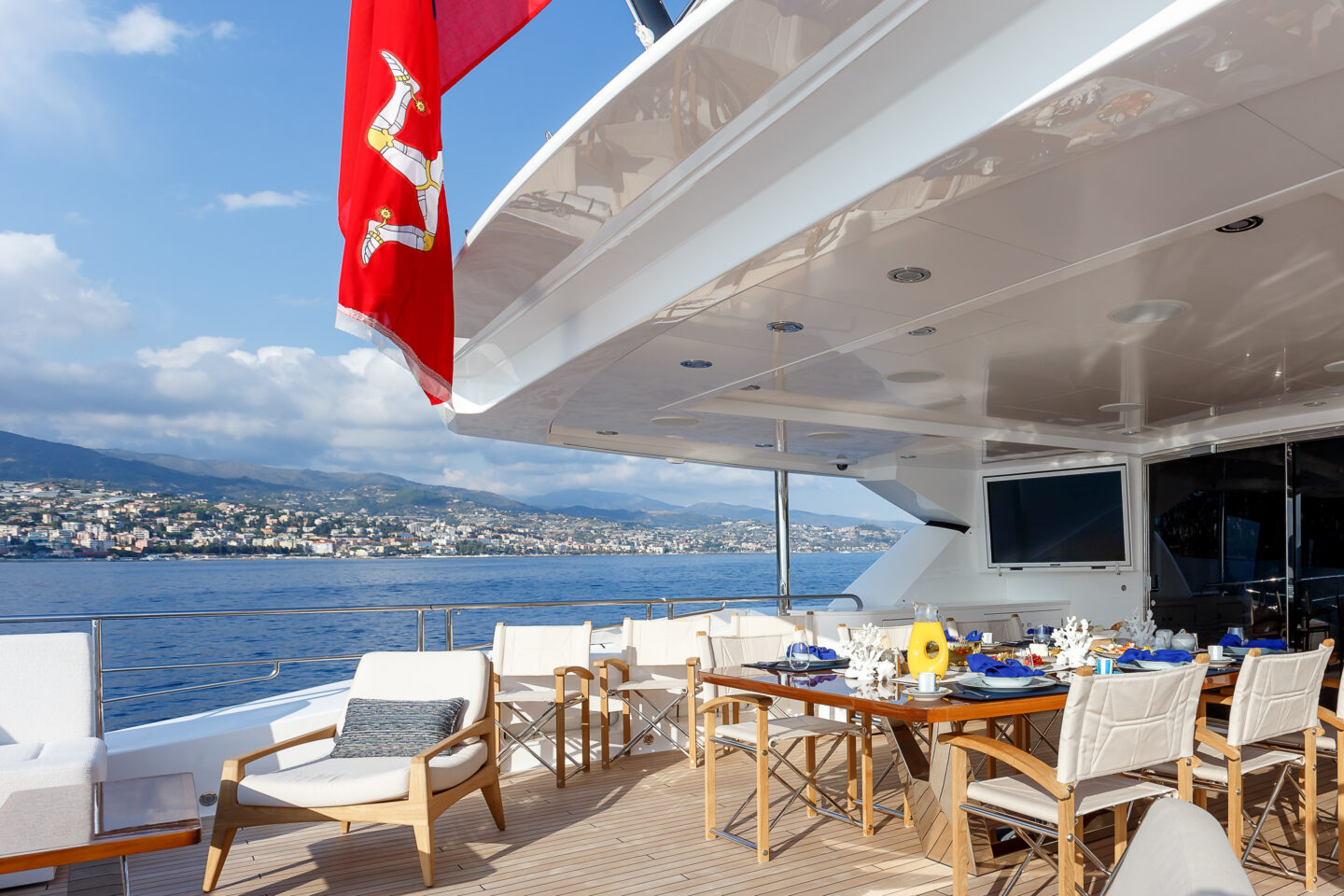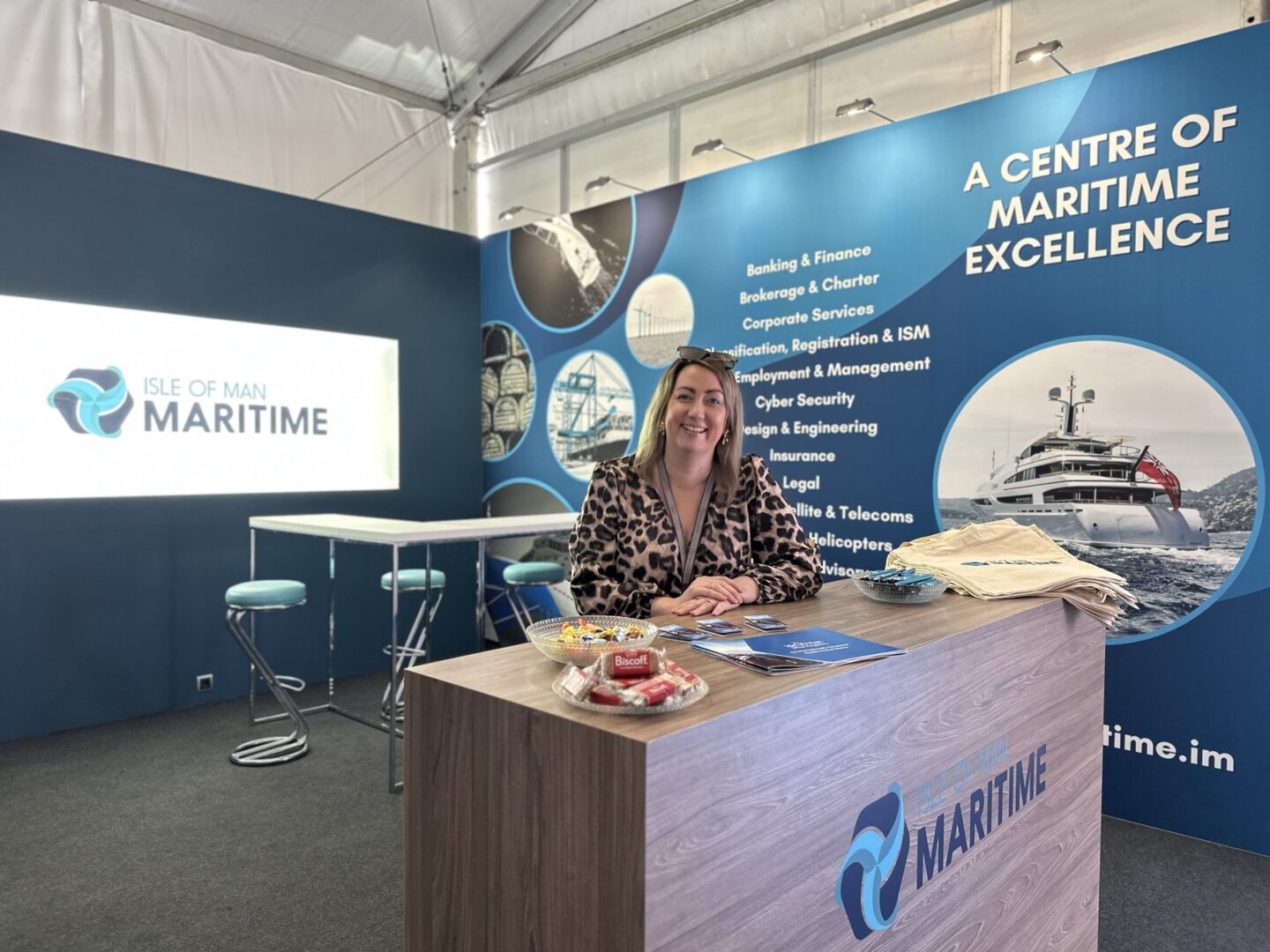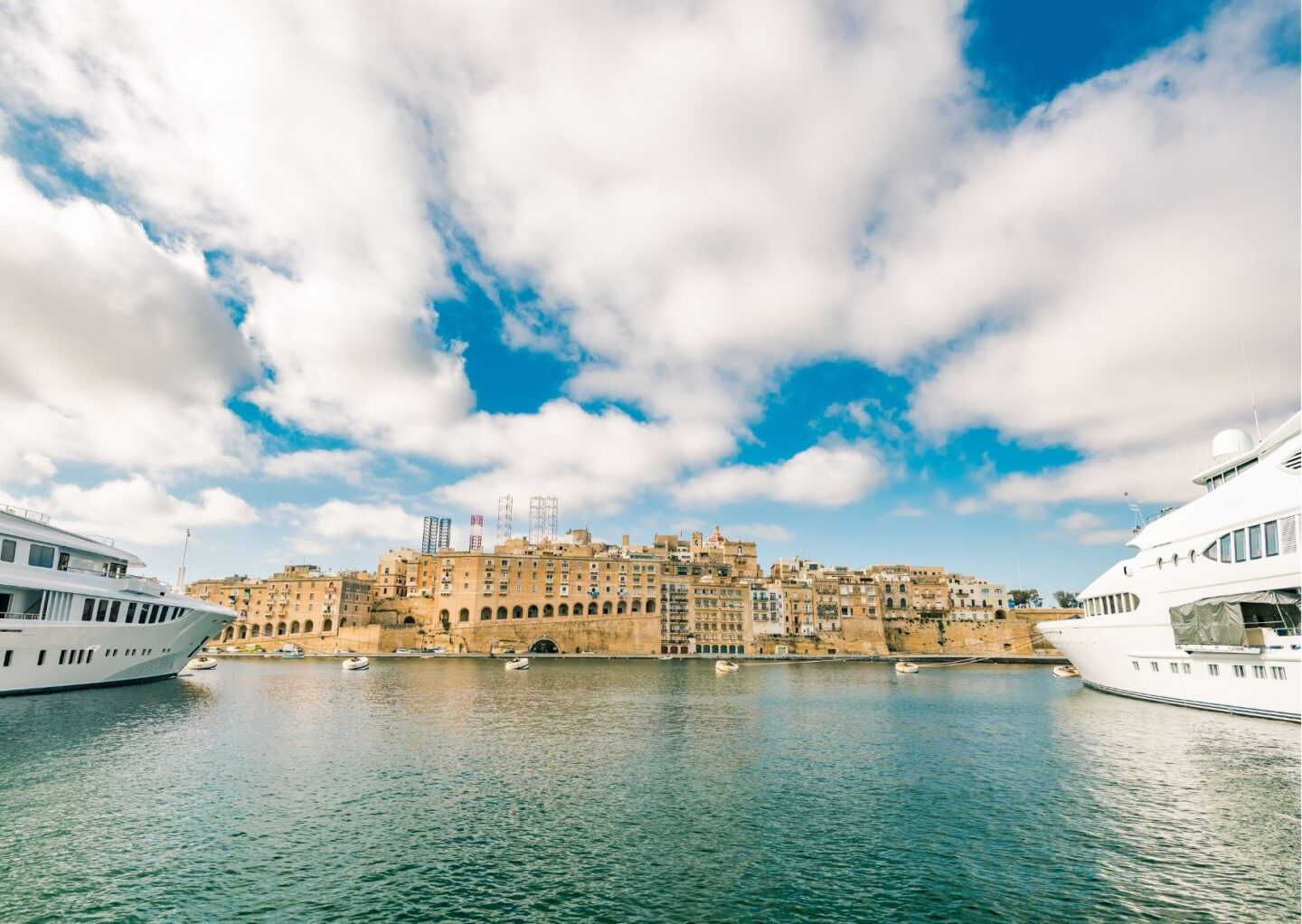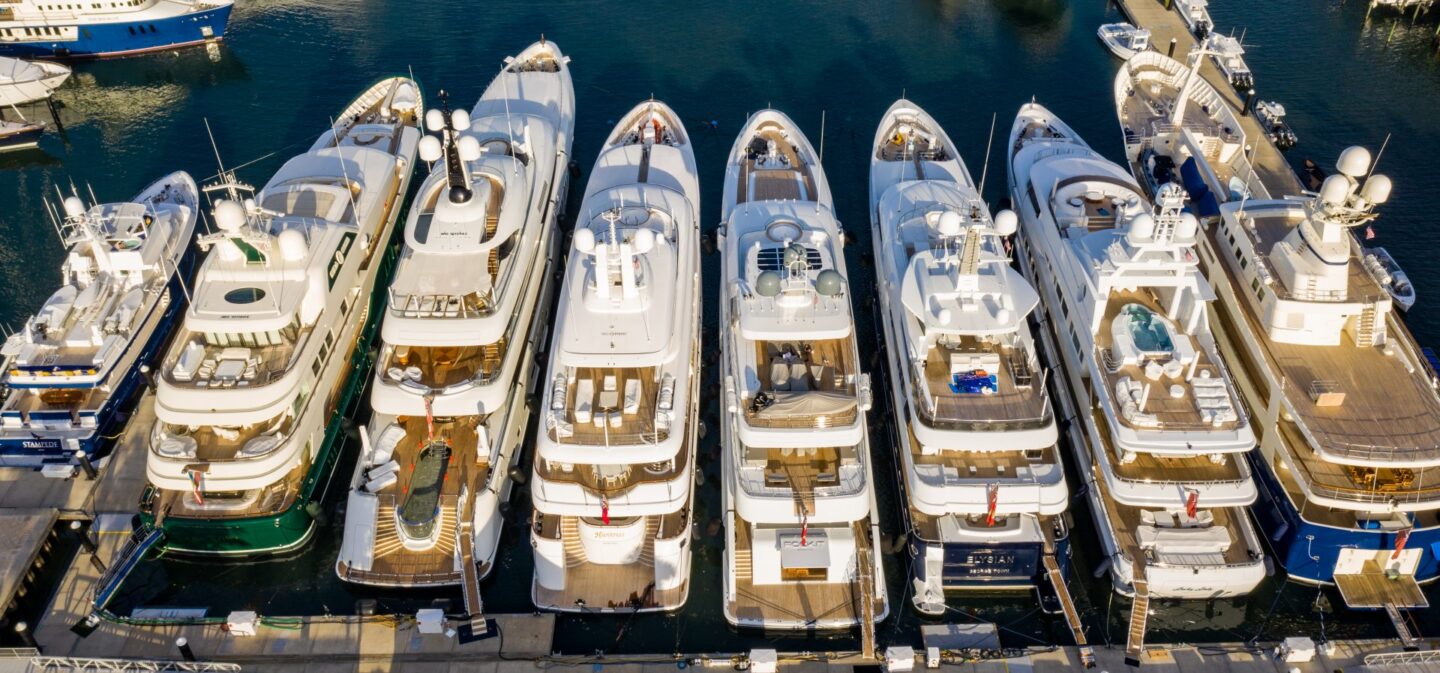When it comes to yacht registration, you want a jurisdiction that is well-established, stable and home to an internationally respected flag of choice. Read this article by Sentient International and learn 15 fundamental things you should consider when choosing where to register your superyacht.
1. Flag State Reputation
Certain jurisdictions may be attractive to some owners as they provide a cheaper option. However, registering your yacht under a reputable flag is important if you wish to sail in certain areas i.e. EU waters. Reputation is everything in the maritime industry; ensure that you choose a flag with high standards and that adheres to international standards.
2. Competitive Registration Fees
Each registry will have what it considers to be a competitive fee schedule in respect of registration and renewal fees and for the registering, transferring or discharging of mortgages. However, remember you get what you pay for so cheap isn’t always best.
You want a registry that provides the benefits of a quick straightforward procedure but still, dot all the ‘i’s and cross all the ‘t’s.
3. International Conventions & Regulations
Many flag states have entered treaties like the Paris Memorandum of Understanding (Paris MoU), which is specifically aimed at ensuring vessels meet and implement international safety, security and environmental standards including those related to working and living conditions for crew. These kinds of agreements demonstrate a flag state’s commitment to complying with international rules and regulations.

4. Red Ensign Group (‘REG’)
The British Red Ensign Group is made up of the UK, its Crown Dependencies and Overseas Territories. Vessels registered in any of these jurisdictions can fly the Red Ensign, a flag which is internationally recognised for the maintenance of high standards, maritime safety and crew welfare.
5. Tax Regime/Fiscal Benefits
Many yacht owners may have ownership structures incorporated in jurisdictions that offer favourable tax regimes, beneficial VAT rates and low tonnage tax. Do your research and get the appropriate professional advice to ensure that you establish an ownership structure that is fit for purpose but also yields results.
6. Legal Framework
Choosing a jurisdiction that has a universally accepted legal framework and offers political and economic stability is crucial as it can ensure that an owner is not subject to unnecessary regulations and bureaucracy. A jurisdiction targeted by Customs could have a detrimental effect on the smooth running of a vessel in both the short and long term.

7. Area of Navigation
You need to consider which areas are likely to be the yacht’s most frequent cruising grounds (i.e. EU or non-EU). This will influence the decision of jurisdiction for structuring ownership but also flag registration. A choice of flag can make the difference between ease of circulation or difficulties when entering certain ports.
8. VAT/Tax Status of the Yacht
The jurisdiction in which the yacht is domiciled is generally where any VAT liability for the yacht lies. However, private vessels that are eligible for the EU’s ‘Temporary Admission Regime’ (aka Temporary Importation) can sail into and operate within Europe for a limited period (maximum 18 months in any given period) without any formal customs obligations or VAT payable on the yacht. Obtaining the appropriate professional advice is always recommended to ensure that the yacht is eligible, that its ownership is structured effectively and to avoid triggering any VAT liabilities in the immediate or near future.
9. Ownership Structure
Using a corporate entity for yacht ownership can provide a number of advantages to owners including fiscal benefits, asset protection and enhanced confidentiality. Engaging a professional service provider with the right knowledge and experience is key.

10. Commercial vs. Private
The intended use of the yacht i.e. whether it will operate on a commercial or private basis, is important when looking for a flag that best suits your needs. There are stricter rules and regulations with which a commercially registered vessel must comply. Furthermore, certain flag states are more reputable in respect of their technical and safety standards than others.
11. Financial Needs (Mortgage loan/leasing)
Lenders and insurance companies will take into consideration the overall reputation of a chosen flag state and how they enforce compliance with international rules and regulations with respect to environmental, technical and safety matters.
12. Vessel Age Restrictions
Few flag states have age restrictions however, if a vessel is over twenty years old, it may be required to undergo a pre-registration inspection in some jurisdictions. This can often be done by an Appointed Representative or Qualified Individual but the respective Registry reserves the right to require such inspection as deemed necessary.

13. Maintenance Regulations
Regular maintenance of a yacht is paramount as it can mitigate potential problems and increase a vessel’s longevity. This can include maintenance of a vessel’s engine, bodywork (interior and exterior) and electrics. Choose a jurisdiction that has high maintenance standards to ensure a smoother process when it comes to inspections.
14. Tonnage Regulations
Some flag states may have tonnage restrictions for certain vessels resulting in more stringent requirements being applicable.
15. Nationality of Crew
It is important to consider the nationalities of your crew. Some registries have restrictions on the nationalities of the crew that serve a vessel under their flag state. For example, crew that are non-EU citizens do not have the right to live, work and travel freely within the EU.
Written by:
Lesley Walker
Head of Marketing & New Business
Sentient International

